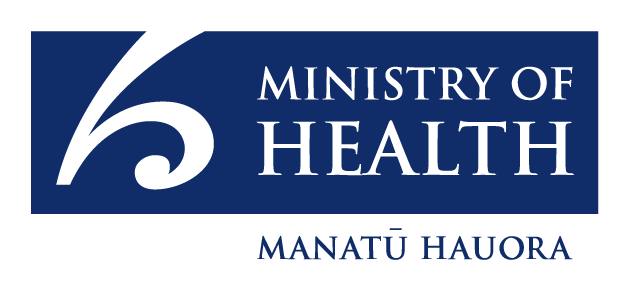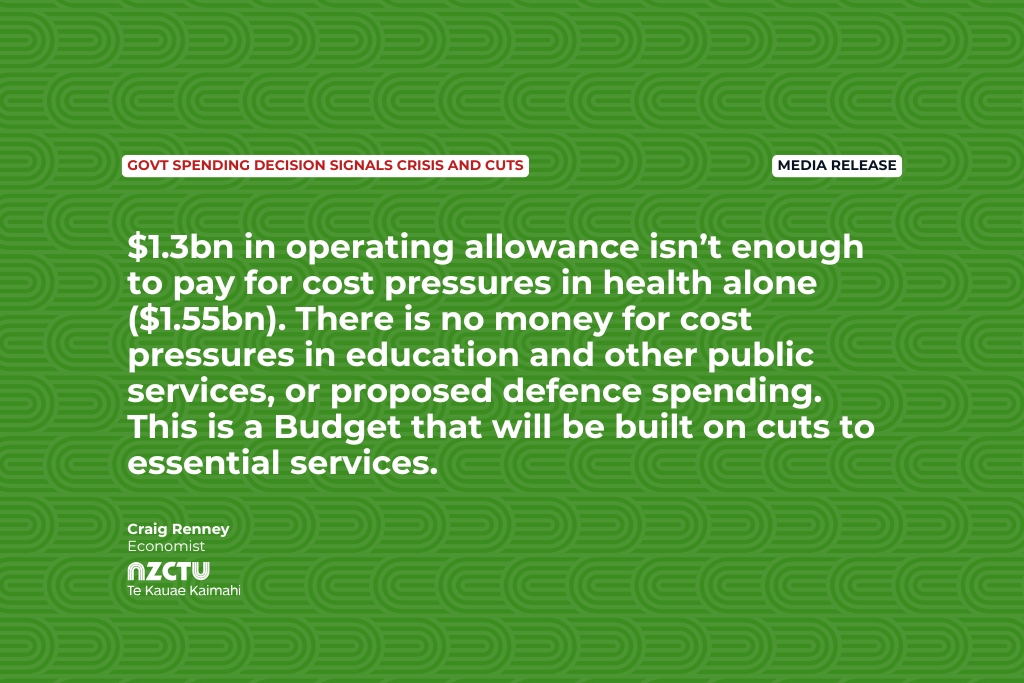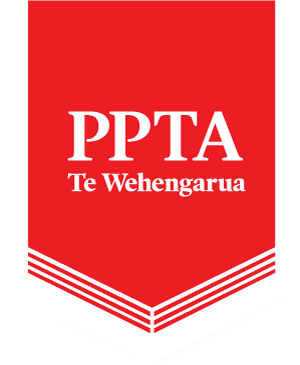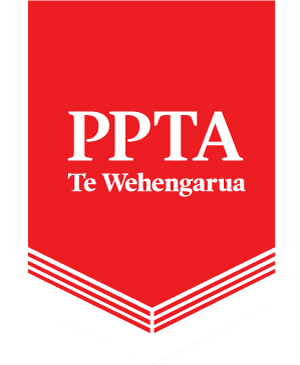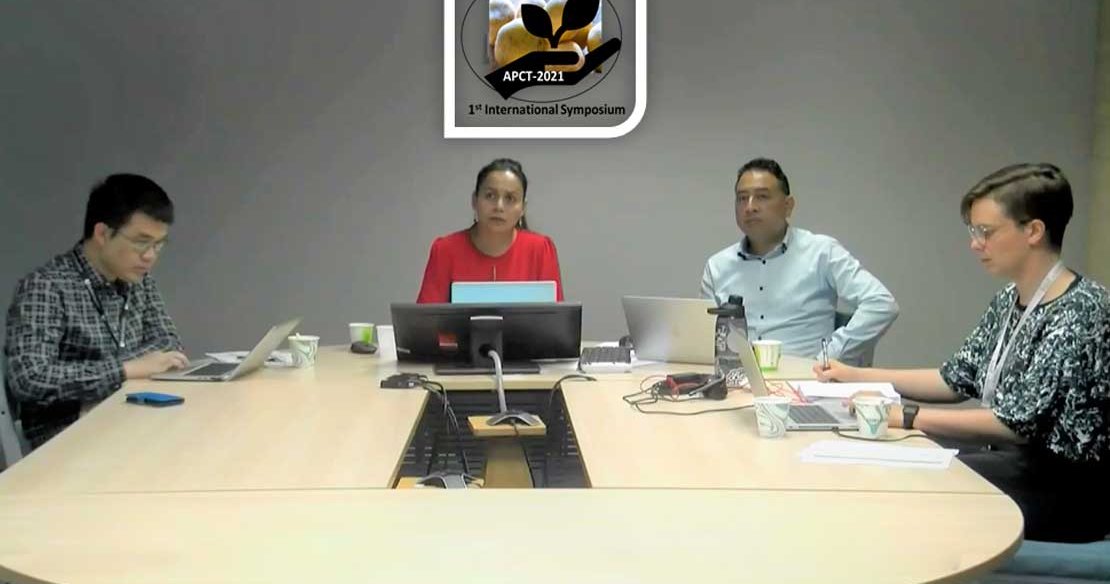Source:
Update: Thursday 17 April, 4pm
Ex-Tropical Cyclone Tam continues to impact Tāmaki Makaurau Auckland as we head into Good Friday.
Even though the storm may have caused no or only minor disruption for many Aucklanders, we still urge people to be prepared for heavy rain and strong winds, this evening and into the early hours of Friday.
Our message for Aucklanders is to take care, drive to the conditions and allow plenty of time for travel, especially if you are heading out of the region for the long weekend.
General Manager of Auckland Emergency Management Adam Maggs says he’s pleased Aucklanders have prepared for this weather event and asks them to remain vigilant.
“We’re heartened to see that Aucklanders have by and large acted responsibly over the last few days.
“It’s been pleasing to see people around the region driving to the conditions, and spreading their travel across the day,” says Mr Maggs.
“We will continue to monitor the weather closely overnight and we remain in regular contact with a range of agencies to ensure good coordination of resources.
“We encourage Aucklanders to keep an eye on the forecast, plan ahead, and be prepared, so they can have an enjoyable Easter.”
- There have been 284 storm-related calls to Auckland Council from late Wednesday through to Thursday 3pm.
- Between midday and 3pm we received 41 maintenance calls, the majority of these were related to trees. These calls came from across the Auckland region, including Otara, Randwick Park, The Gardens, Ellerslie, Swanson, Papatoetoe, Glenfield, Wellsford and Te Arai.
- There have been no further stormwater related requests for service.
What Aucklanders can do:
- If travelling today, plan your journey, drive to the conditions and allow extra time. Drive carefully and never drive through floodwater.
- Stay up to date with weather forecasts and check AT and NZTA’s journey planners for any public transport and roading disruption.
- Keep drains and gutters on your property clear. For blockages or issues with the stormwater network, phone the council on 09 301 0101.
- Bring rubbish, recycling and foodscraps bins in as soon as you can after they’re emptied.
- For tree damage on public land, go to the council’s website and ‘report a problem’ online.
- Check your emergency readiness supplies, just case of power outages.
- aucklandemergencymanagement.govt.nz or getready.co.nz has good advice on getting your household prepared for an emergency.
Update: Thursday 17 April, 11am
Ex-Tropical Cyclone Tam continues to funnel strong winds and heavy rain into Tāmaki Makaurau Auckland as Easter weekend approaches, and the message for Aucklanders is to take care, drive to the conditions and allow plenty of time for travel.
While the weather system continues to track through Auckland and south, Aucklanders will experience strong east/north-east winds through to the early hours of Friday morning, as well as persistent rain and large swells on the east coast.
General Manager of Auckland Emergency Management Adam Maggs says that his team is monitoring the weather closely and communicating with a range of agencies to ensure good coordination of resources.
“We are working closely with our key partners, contractors and emergency services, and we’re tracking the path of this system through the Auckland region.
“We encourage Aucklanders to keep an eye on the forecast, plan ahead, and be prepared, so that Easter plans still run smoothly,” says Mr Maggs.
Impact on Auckland region:
- Nearly 100 storm related callouts to Auckland Council from late Wednesday through to Thursday morning – split evenly between tree damage and stormwater issues.
- Tree calls originated from Manukau to Warkworth, however north-east Auckland areas like Whangaparaoa, Torbay and Browns Bay are the most affected. People may see tree debris on berms for a few days to come, ahead of collection.
- Stormwater calls originated largely from Silverdale, Glenfield, Takapuna, Devonport, Newton, Herne Bay, Glendene, Epsom and Manurewa.
- Power companies have responded to wind-related damage across the region.
- No major issues have been reported on Aotea Great Barrier Island.
What Aucklanders can do:
- If travelling today, plan your journey, drive to the conditions and allow extra time. Drive carefully and never drive through floodwater.
- Stay up to date with weather forecasts and check AT and NZTA’s journey planners for any public transport and roading disruption, including Auckland Harbour Bridge closures.
- Keep drains and gutters on your property clear.
- For blockages or issues with the stormwater network, phone the council on 09 301 0101
- Bring rubbish, recycling and foodscraps bins in as soon as you can after they’re emptied.
- For tree damage on public land, go to the council’s website and ‘report a problem’ online.
- Check your emergency readiness supplies, just case of power outages.
- aucklandemergencymanagement.govt.nz or getready.co.nz has good advice on getting your household prepared for an emergency.
………………………
Original story | Tuesday 15 April
The upper North Island, including Tāmaki Makaurau, is in for a very wet and windy few days heading into the Easter holiday break.
Auckland Emergency Management General Manager Adam Maggs says preparation and planning are key to ensuring weather doesn’t put too much of a dampener on the holiday weekend.
“We’ve enjoyed a relatively settled, long and dry summer, but this weather system well and truly signals a seasonal change.
“As we head towards the long weekend, we’re urging Aucklanders to do a few important things to prepare their homes and properties for some wild weather, and to factor the forecast into their weekend plans,” says Adam.
Keep up to date with the weather forecast
“MetService has issued strong wind and heavy rain advice for Auckland and Aotea Great Barrier Island, Northland and Coromandel.
“Make sure you check the forecast when planning any weekend travel or activities and check it again for any changes before you go out. Don’t forget, if you’re heading to another region, check the weather there too.
“A bit of rain has softened ground conditions over the last week so we could start to see some surface flooding if heavy rain eventuates.
“If you’re hitting the road this Easter, please make sure you drive to the conditions, allow plenty of time and take care,” he says.
Add storm prep to your holiday checklist
Setting aside half an hour to make sure your home and property are prepared for bad weather could prevent unnecessary damage and disruption.
“Securing or storing outdoor furniture and umbrellas ahead of bad weather doesn’t take much time and could prevent these items from becoming damaged or damaging your property.
“We’re expecting some pretty gusty winds later on Wednesday and Thursday and these can easily pick up small or loose items, flip trampolines or lightweight outdoor furniture and play equipment.
“Rubbish and recycling bins can also be easily blown over so keep that in mind,” says Adam.
“The council’s Waste Solutions team advises people to put their rubbish, recycling and food scraps bins out on the day of collection, not the night before. This will reduce the potential for bins and waste being blown around our streets.”
Checking drains, gutters and trees or plants on your property that may lose branches or clog drains is also important at this time of year.
“Autumn brings leaf fall,” says Adam. “Auckland Council’s Healthy Waters team has been out this week checking hot spots and clearing drains as part of their seasonal checks and preparation ahead of bad weather. It’s important that residents do this too.
“Anything on your property that may wash into the stormwater system and cause blockages should be removed. Clearing gutters and drains on your property will also help prevent damage, leaks and flooding.
“It’s also a good time to check your emergency readiness supplies – just in case the power goes out or, for those in more remote parts of the region, you get temporarily cut off.
“Visit our website aucklandemergencymanagement.govt.nz or getready.govt.nz for plenty of good advice on getting your household prepared for an emergency,” says Adam.
- Follow weather forecasts for regular updates – forecasts can change.
- Plan your travel carefully and never drive through floodwater.
- If life or property is at risk, phone 111.
- If you live somewhere prone to flooding, slips or power outages, ensure you have a supply of food and provisions in case you become isolated.
- Treat power lines as live at all times.
- Report flooding and blocked stormwater drains to Auckland Council on 09 301 0101.
- Visit aucklandcouncil.govt.nz and click “Report a problem” to report trees down on public land.
- If your property is damaged, take photographs for your insurer as early as possible.
